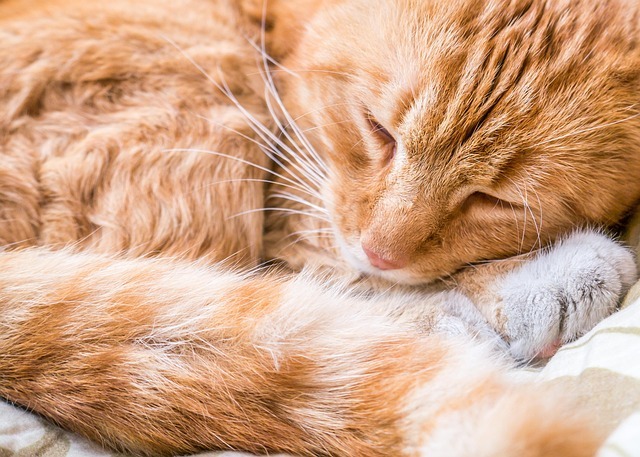Over our lifetime as kitty parents we will likely be faced, more than once, with a heart-wrenching decision – when is it time to say goodbye to our furry companion?
Although life expectancy rates vary for cats, it is generally accepted that an indoor cat’s lifespan is about 13-17 years; an outdoor cat’s is about half of that. Of course numerous factors affect these estimates and some cats live even longer, into their 20s. But as cats age the likelihood of developing serious health problems increases.
As your kitty grows older or if she is seriously ill it is a good idea to gather information about euthanasia so that you are well-equipped to make the appropriate decision when the time comes.
What Is Euthanasia?
The word euthanasia comes from two Greek words—eu, which means good, and thanatos, which means death. The American Veterinary Medical Association (AVMA) has defined this “good death” as: “Euthanasia is the act of inducing humane death in an animal. It is our responsibility as veterinarians and human beings to ensure that if an animal’s life is to be taken, it is done with the highest degree of respect, and with an emphasis on making the death as painless and distress-free as possible.”
The procedure, done by a veterinarian, typically involves a lethal injection of a barbiturate anesthetic (sodium pentobarbitol) causing a loss of consciousness and death without any pain or distress for the animal. Death usually occurs within a few seconds.
Questions to Ask to Help with Your Decision
- What is the quality of kitty’s life right now? Is she happy? Is she suffering/in pain?
- What kinds of treatments are available for her condition? How much will they prolong her life?
- How comfortable/uncomfortable will she be with the treatment(s)?
- What kind of at-home care will I need to provide?
Things to Know About Euthanasia
- Your authorization, as the pet’s owner, is always required prior to a vet performing the procedure.
- You and your family may choose to be present during the procedure or may choose to say goodbye beforehand. You may also view the pet’s remains afterward.
- Since this will be an emotional time for you, most vets will have a more private way for you to leave the office than going through a busy waiting room.
- You may take your pet’s remains, if you wish, to arrange your own burial or cremation or your vet can handle the cremation in which case you can choose to have the ashes returned to you.
The most critical aspect in deciding on euthanasia for your beloved kitty is objectively assessing her quality of life with the help of your vet. Hard as it is to say goodbye, you should not keep your kitty alive, if she is in pain or distress, because you can’t bear to lose her.
Knowing that you have seen kitty off with dignity and love and without pain can provide some measure of comfort to help with your grief.
